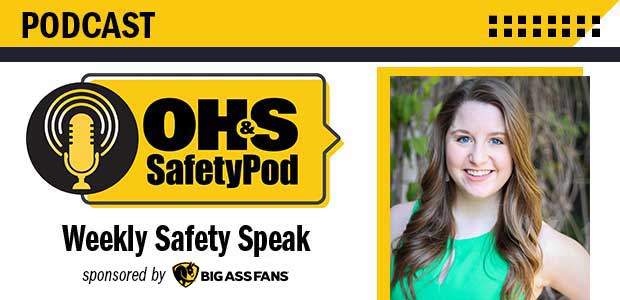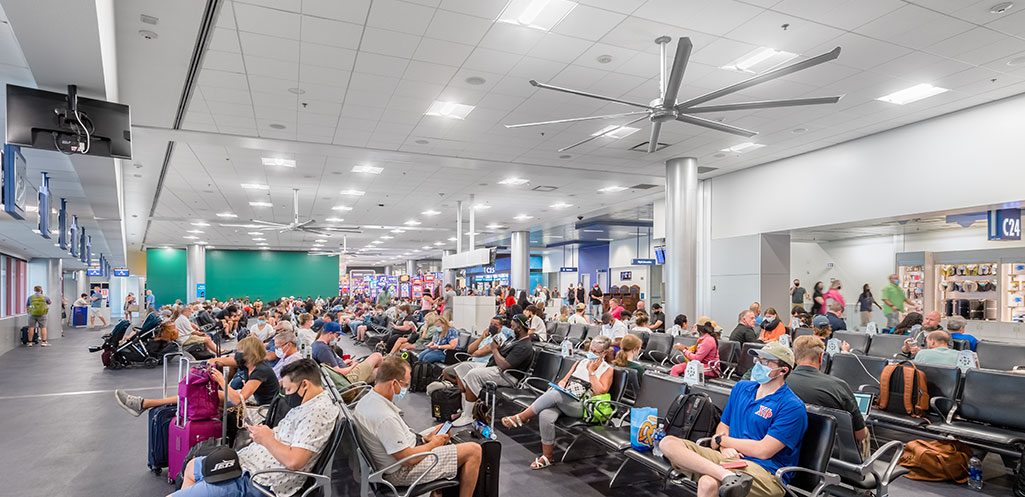
The new standard goes a step beyond the baseline and uses three sets of metrics.

Episode 139
A look back at the history of respiratory research and standards is eye-opening when you consider how much respiratory protection has done for us in the past two and a half years.

SPONSORED
During the early stages of the COVID-19 pandemic, numerous government agencies along with professional institutions issued guidance regarding the operation of circulating fans.
Employees must understand how to properly set up, use and climb a ladder for safe work.

When welders utilize the correct respirators work can be done safely and efficiently.

Solely using hygiene measurements to address hazards is not a safe strategy.

Determining when to reassess employee exposures is a challenge that many with industrial hygiene responsibilities face.

There are many benefits to incorporating wearable technology in your safety programs.

Automating manual material handling tasks with vacuum conveyors can be the remedy.